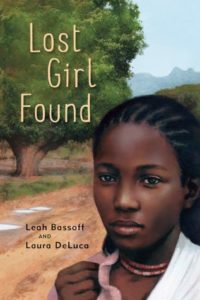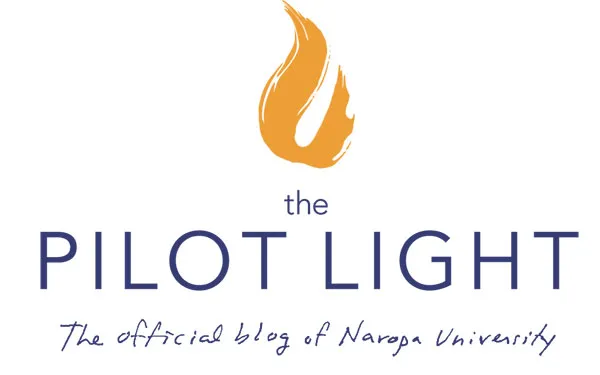by Laura DeLuca, PhD, Assistant Professor in Environmental Studies & Peace Studies at Naropa University
In the fall of 2014, I assigned the book Lost Girl Found to undergraduates in my International Affairs class at Naropa—partly because I am co-author and know it well, but also because I think it contains important lessons about gender and migration. The Lost Girls’ experience was different, because they were females. Much press has (deservedly) been given to the Lost Boys of Sudan—including Dave Eggers’s book, What is the What. The Lost Boys were displaced or orphaned during the civil war in Southern Sudan in the late 1990s and early 2000s. Yet, the question remains: what about the girls? Did any survive, and, if so, why hasn’t their story been told?
 I wanted my students to understand how gender can shape refugee experience. For example, the United Nations High Commissioner for Refugees (UNHCR) decision to place the girls with foster families in the Kakuma refugee camp meant that they were less visible than the boys, who lived together as groups of unaccompanied minors and caught the attention of visitors, who played a role in offering 3,600 Lost Boys the chance to migrate to the U.S., and only 85 Lost Girls. Additionally, poor, war-torn foster parents were often eager to earn bride wealth by forcing girls to marry, making them no longer eligible for resettlement as unaccompanied minors.
I wanted my students to understand how gender can shape refugee experience. For example, the United Nations High Commissioner for Refugees (UNHCR) decision to place the girls with foster families in the Kakuma refugee camp meant that they were less visible than the boys, who lived together as groups of unaccompanied minors and caught the attention of visitors, who played a role in offering 3,600 Lost Boys the chance to migrate to the U.S., and only 85 Lost Girls. Additionally, poor, war-torn foster parents were often eager to earn bride wealth by forcing girls to marry, making them no longer eligible for resettlement as unaccompanied minors.
Instead of writing a traditional anthropological work, I co-authored the book Lost Girl Found—with writer Leah Bassoff—because I wanted the stories to be told in an engaging way. Leah would say to me, “Laura, I think that is enough detail about bride wealth.” Leah knew how to keep the plot interesting—something that anthropology does not always do well. Lost Girl Found is an experiment in writing. It is a hybrid form—fictional ethnography—that combines real facts with composite characters to protect identities. The idea is to bring the issues of gender and migration to life.
Charla Harvey, a student in my International Affairs course, said this about the book:
Lost Girl Found was hard to put down. We were assigned to read the first half of the book for one week, and the second half for the following week, but I read the whole thing, because I couldn’t stop. I wanted to know what happened to Poni. The story was as heart-breaking as it was heart-warming. I really appreciated being able to listen to a Sudanese girl’s life story, instead of just reading about statistics on the news. The authors did a really nice job embracing Poni’s humanity; I felt like I got to know her on a deeper level.
A few months after students in the International Affairs course read Lost Girl Found, the book appeared on one of the Wall Street Journal‘s best-of lists for 2014, being named a favorite book of the year by Kaci Hickox (Doctors without Borders nurse who gained national attention for refusing Ebola quarantine.) You can read a statement by Hickox, as well as an interview about Lost Girl Found here, on the Peace Corps Worldwide blog.




